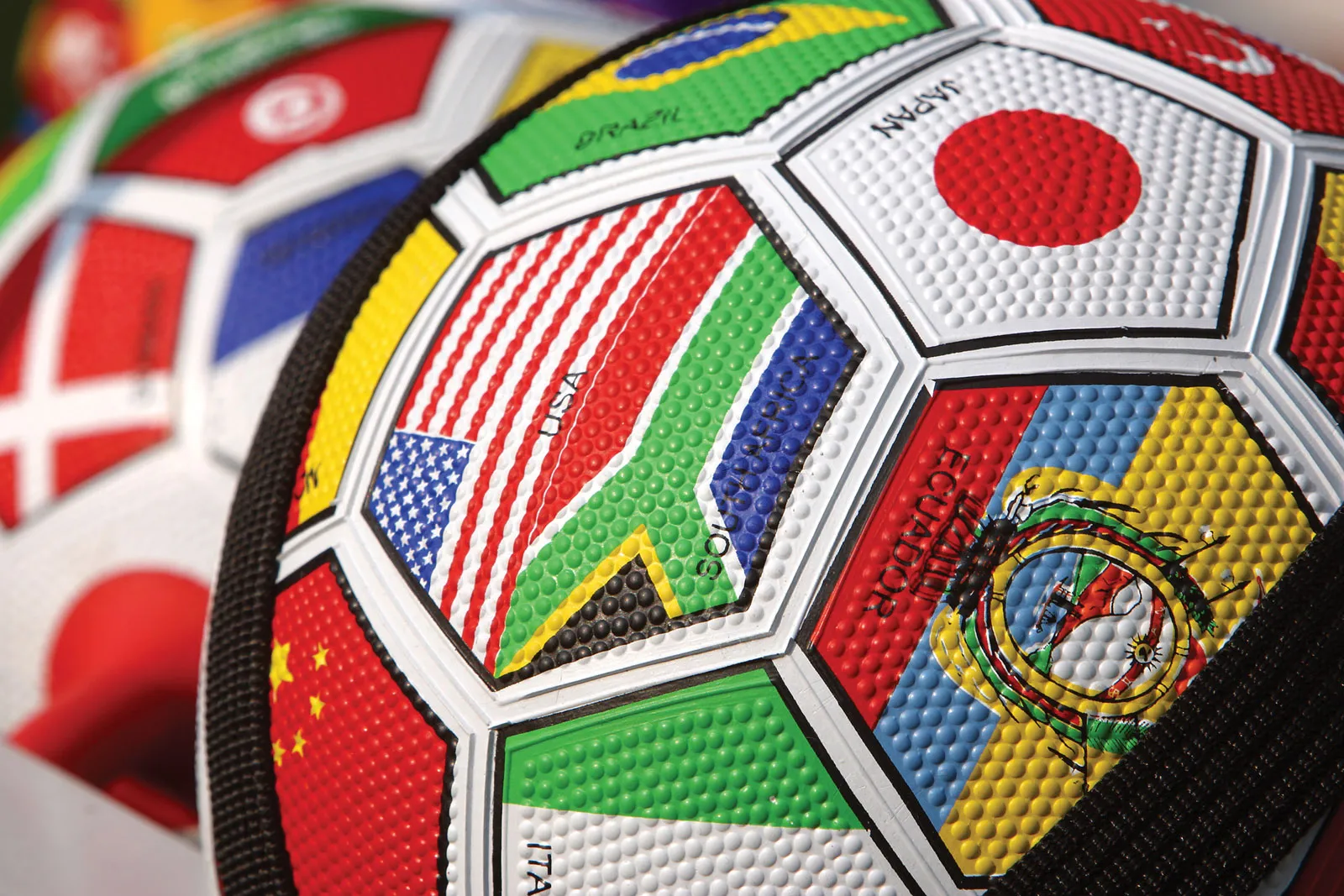The history of football at the Olympics is a captivating tale that spans over a century. From its humble beginnings to becoming one of the most anticipated events, football’s journey at the Olympic Games is a testament to its global appeal and the spirit of athletic competition.
Early Days: The Birth of Olympic Football
The inclusion of football in the Olympic Games dates back to the Paris Olympics of 1900. However, it wasn’t until the London Games in 1908 that a dedicated football tournament was established, marking its official debut. The early tournaments were dominated by amateur players, reflecting the amateur ethos of the Olympics at that time.
Rise to Prominence: Growth and Development
As the Olympics gained traction, so did football within the Games. The sport’s popularity surged, attracting top-tier talent from around the world. With the rise of professionalism in football, the Olympic committee modified its rules, allowing the participation of limited professional players in the tournament from 1984 onwards.
Iconic Moments: Memorable Olympic Football Matches
Over the years, Olympic football has witnessed some unforgettable moments that have etched themselves into the annals of sports history. From the thrilling gold medal victories to surprising upsets, each tournament has produced its own share of remarkable stories and memorable matches that have captivated audiences globally.
Notable Players: Stars Who Shone Bright
The Olympic stage has been graced by legendary footballers who used this platform as a stepping stone to greatness. Players like Lionel Messi, Neymar Jr., Cristiano Ronaldo, and many others have showcased their skills and prowess on the Olympic field, leaving an indelible mark on the sport’s history.
Evolution of the Format: Changes Over Time
The format of the Olympic football tournament has evolved significantly. Initially, it was an amateur-centric event, but with the sport’s professionalization, alterations were made to keep up with the changing times. From team compositions to qualification criteria, these changes have shaped the tournament into the spectacle it is today.
Present Day: Football in the Modern Olympics
In recent editions, the Olympic football tournament continues to draw attention as a fiercely competitive event. Nations vie for the prestigious gold medal, showcasing a blend of established stars and emerging talents, making it a thrilling experience for both players and spectators alike.
Conclusion: Football’s Enduring Legacy at the Olympics
As football continues to evolve and captivate audiences worldwide, its journey at the Olympic Games remains an integral part of its storied history. From its inception as an amateur sport to embracing professionalism, the Olympic football tournament stands as a testament to the sport’s universal appeal and ability to unite nations through the spirit of competition.
The history of football at the Olympics is a saga of passion, skill, and resilience, showcasing the beautiful game’s ability to transcend borders and cultures, leaving an everlasting impact on the global sporting landscape.





